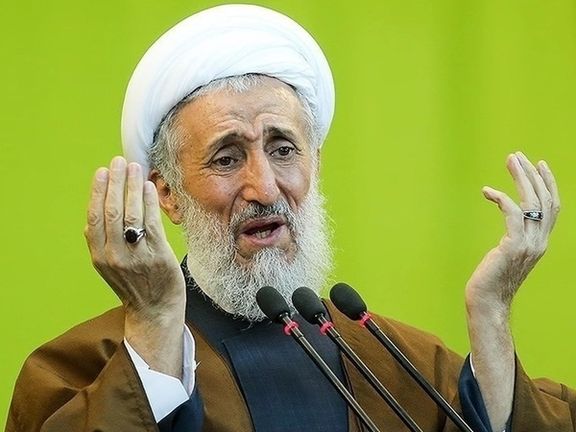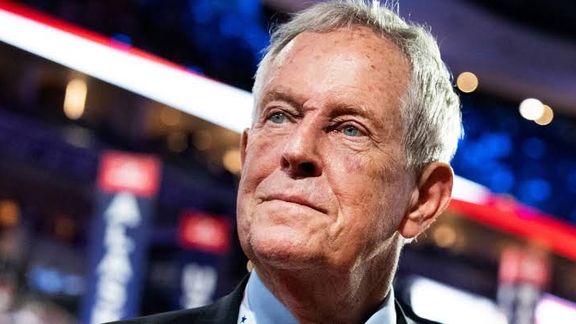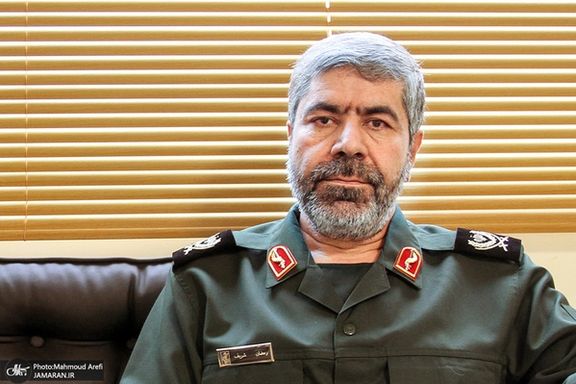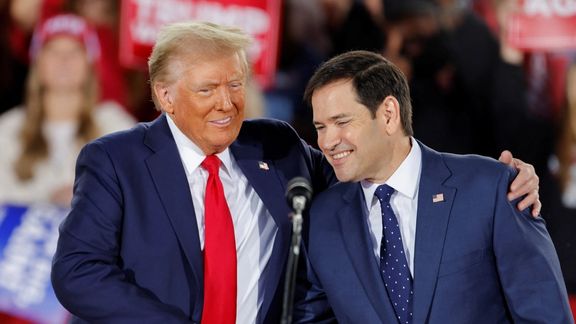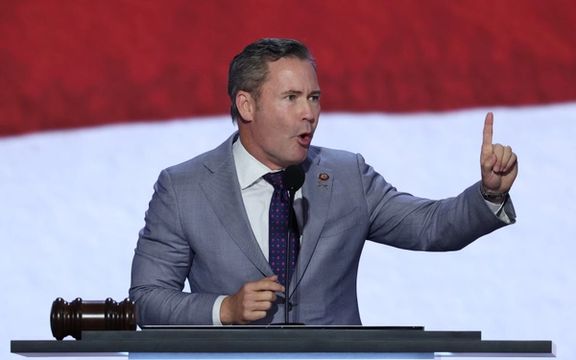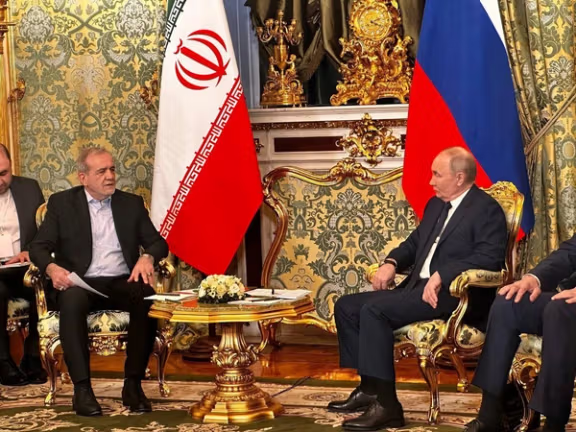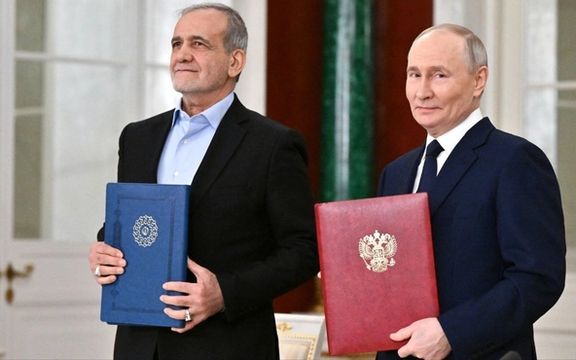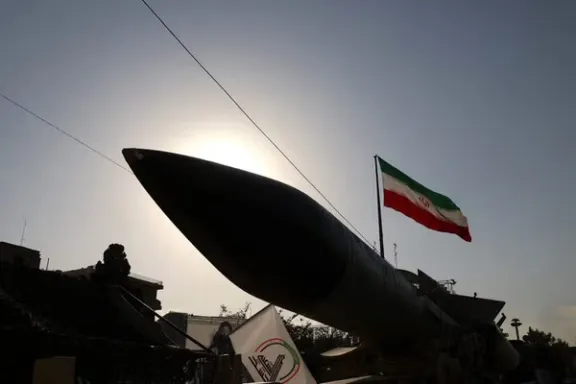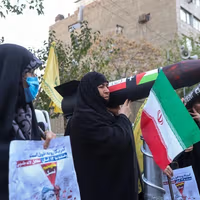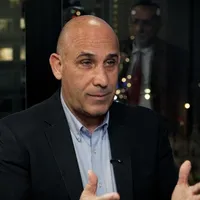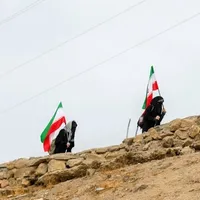At a joint press conference after signing the agreement, the two leaders said Russia and Iran would increase cooperation across a range of areas including politics, security, trade, transport and energy.
Before their meeting, Pezeshkian and his delegation were kept waiting for around an hour as Putin arrived late, a source told Iran International.
Iran and Russia have strengthened ties in recent years, pushed together by isolation led by the United States and shared strategic interest in resisting Washington.
In the strategic pact signed on Friday, the two countries agreed to strengthen cooperation in the fields of security and defense, Russian state-run TASS news agency reported.
"Russia and Iran have agreed that in the event of an attack on one party, the other party will under no circumstances support the aggressor," the report said.
Putin told the joint press conference that plans are advancing to export natural gas to Iran as part of the agreement, saying Russian supply to Iran could ultimately reach 55 billion cubic meters per year.
But he cited delays to Russia's efforts to build up nuclear power infrastructure in Iran, adding that Moscow is considering further construction to address the situation.
"We have a huge project in the nuclear power industry. One unit is already operating successfully. We are now discussing the possibility of building additional units."
During the press conference, Pezeshkian expressed support for resolving the Russia-Ukraine conflict through negotiations, saying Western countries must respect the security concerns of other nations.
"The agreements and policies signed today emphasize understanding, avoiding unilateralism, and cooperating with regional actors to resolve issues within the region, making the intervention of other countries in the Middle East unnecessary."
Both nations have faced Western sanctions - Russia due to its full-scale invasion of Ukraine and Iran over its support for armed groups in the Mideast, nuclear program and human rights abuses.
Moscow and Tehran have stepped up military cooperation and Russia has deployed Iranian drones and missiles in Ukraine, despite Tehran's denials.
In the Middle East, Iran and Russia have collaborated closely particularly in Syria, where the downfall of their longtime ally Bashar al-Assad was a major setback.
This evolving geopolitical landscape has further incentivized Tehran and Moscow to solidify their partnership. Analysts say the pact’s timing is a sign Moscow and Tehran are bracing for Donald Trump’s return to the White House this month.
Advisers to Trump, who takes office next Monday, are reportedly crafting a wide-ranging sanctions strategy to facilitate a Russia-Ukraine diplomatic accord in the coming months while at the same time squeezing Iran, people familiar with the matter told Bloomberg.
According to the source speaking to Iran International, following Putin's delay the Iranian presidential delegation was given the option to either wait in a lounge or return to their hotel.
Pezeshkian decided to leave the Kremlin under the pretext of saying prayers before returning for the delayed meeting.
Putin has routinely made world leaders await his arrival in what is widely viewed as a psychological tactic by the former KGB operative but usually employed with leaders Moscow views as an adversary.
